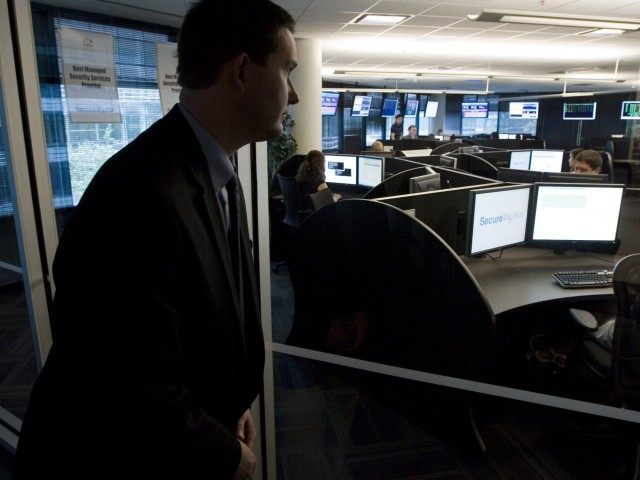Cybersecurity leader SecureWorks Corp. may be the first tech IPO filing that actually completes an initial public offering (IPO) in 2016.
The first quarter of 2016 was a bust for the 22 technology companies that filed for initial public offerings, according to a Dealogic report from the Wall Street Journal. The last time that happened was in the first quarter of 2009, following the collapse of Lehman Brothers and the beginning of the Great Recession.
None of the 22 tech companies that filed with the Securities & Exchange Commission in the first quarter have cancelled their proposed registration papers and given up the quest to become a public company.
But a number will soon be forced to seek alternative financing if they continue to be unable to obtain the type of equity valuation they hoped for. If public valuations do not improve soon and their investors are still demanding liquidity, a number of these “bridesmaids” may have to consider putting their business up for sale.
Atlanta-based SecureWorks Corp., which is owned by the privately held parent of Dell Inc., seems better positioned to complete an IPO, because the company is looking for a valuation of less than $2 billion and only is raising a modest maximum of $150 million.
Known to its customers as Dell SecureWorks Inc., the company has been around for over a decade and has thousands of customers, ranging from Fortune 100 companies to mid-sized businesses in a variety of industries. Before being acquired by Dell in 2011, SecureWorks was recognized for its rapid growth, providing protection for customers’ computers, networks and information assets from malicious activity such as cybercrime. The company was a regularly recognized in the “Inc. 500” and as a Deloitte “Fast 500.”
Of the other 22 companies that seem stuck in the IPO queue, over half are “Healthcare/Biotech.” Once the hottest sector in technology, that market sector has been hammered after Democrat presidential front-runner Hillary Clinton said on September 25, 2015, that she may support government price controls for the specialty drug makers.
Clinton’s comments were in response to the shocking increase in the price of a drug called Daraprim, whose new owner, Turing Pharmaceuticals, raised the price from $13.50 per pill to an astronomical $750 per pill.
Since Clinton’s comments, the Standard and Poors’ Biotech Index has fallen by -32.5 percent and continues to be one of the worst market sectors.
Tech start-ups, like Facebook (NASDAQ:FB), Amazon (NASDAQ:AMZN), and Google, which went public years ago, demonstrated that huge profits could be made buying tech IPOs. However, in the last year a number of companies, like Fitbit (NYSE:FIT), LinkedIn (NYSE:LNKD), and Twitter (NYSE:TWTR) have tanked to below their private market values.
Hedge funds, private equity, and venture capital investors are investing cautiously in tech start-ups and leveraging weakness in the IPO market to extract better investment terms from cash-hungry start-ups and even wounded “unicorns” that once sported billion-dollar-and-higher valuations.
Private companies that in mid-2015 were being valued at a multiple of four-to-five times revenue have plunged and are now being valued at two-to-three times revenue.
However, the dry IPO market has been a boon to venture firms that have been able to raise $13 billion in the first quarter, their fastest rate in more than 15 years.

COMMENTS
Please let us know if you're having issues with commenting.